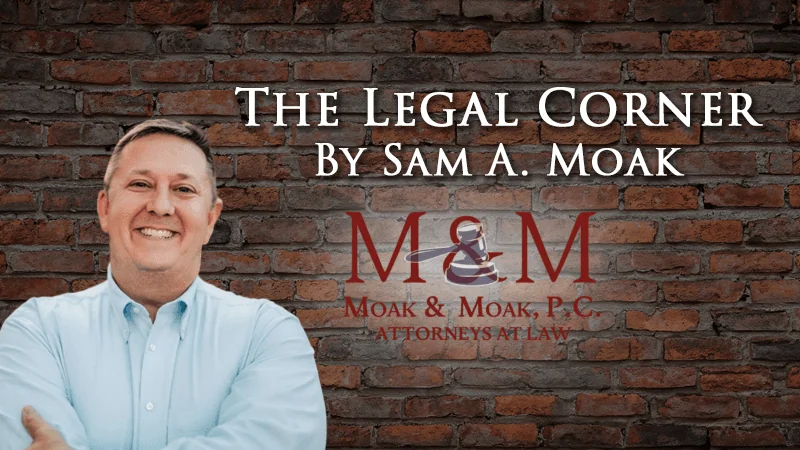The information in this column is not intended as legal advice but to provide a general understanding of the law. Any readers with a legal problem, including those whose questions are addressed here, should consult an attorney for advice on their particular circumstances.
Think of your estate plan as a living entity that needs to evolve with the changes in your life. Various life events such as the birth of a child, children growing up, changes in the family dynamics, fluctuations in your investment portfolio, career shifts, health changes, or relocation can all impact your estate plan.
External factors like new tax legislation or innovative financial instruments can also affect your estate plan. They may necessitate adjustments or present fresh opportunities for optimizing your assets’ distribution.
Regular reviews don’t mean constantly obsessing over your plan. Instead, think of it as a periodic “health check” for your estate plan, helping ensure it continues to serve your interests and protect your legacy effectively.
To help you assess if it’s time to revisit and update your estate plan, consider these critical questions:
When did you last update your will or living trust? Life events such as the arrival of new children, divorce, relocation, or changes in your business could all warrant an update to these documents. Legal changes since your last review could also impact your estate plan’s effectiveness.
Who have you appointed as your executor and trustee? If you were to start your estate planning today, would you still choose the same individuals for these roles? Your choices should reflect their suitability for the role rather than personal relationships. Ensure the individuals selected are still willing and able to fulfill these responsibilities.
Is your insurance coverage sufficient? Many people underestimate the amount of insurance they or their businesses need. Also, remember to name contingent beneficiaries and ensure these designations align with your estate plan.
Do you jointly own property with someone other than your spouse? Such properties could potentially be subject to double taxation. Seek professional advice on how to structure your assets optimally for tax efficiency.
How organized are your records? Clear and orderly record-keeping can significantly ease the executor’s job and help prevent potential disputes or delays.
When did a qualified attorney last review your estate plan? Even if there haven’t been significant changes in your life, if it’s been over five years since an expert last reviewed your estate plan, it’s time for another checkup.
After reflecting on these questions, if you find areas of concern or uncertainty, don’t hesitate to reach out to us. We’re here to assist you in ensuring your estate plan remains robust, relevant, and capable of withstanding the test of time.
Remember, estate planning is more than a document; it’s a dynamic process designed to provide peace of mind and secure your legacy.
Sam A. Moak is an attorney with the Huntsville law firm of Moak & Moak, P.C. He is licensed to practice in all fields of law by the Supreme Court of Texas, is a Member of the State Bar College, and is a member of the Real Estate, Probate and Trust Law Section of the State Bar of Texas. www.moakandmoak.com


